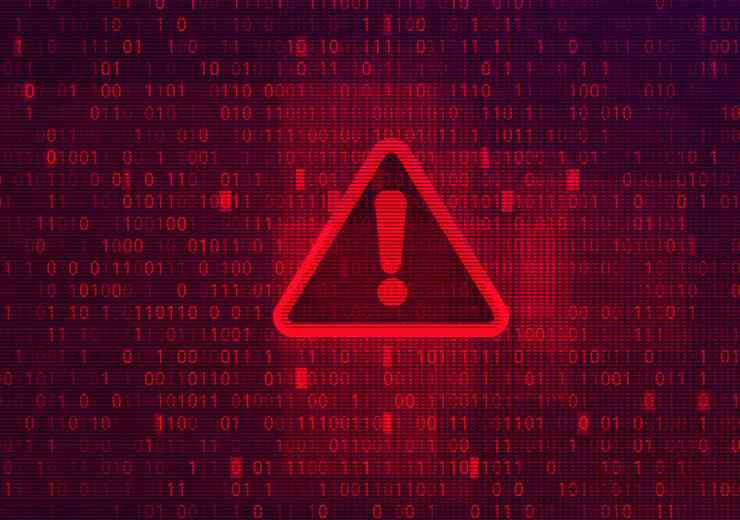Latest report on cybercrime released by Europol

Europol has published the latest edition of the Internet Organised Crime Threat Assessment (IOCTA), an in-depth assessment of the key developments, changes and emerging threats in cybercrime over the last year.
The report highlights relevant trends in crime areas such as cyber-attacks, child sexual exploitation and online and payment fraud schemes. It also provides an outlook of what can be expected in the near future, especially regarding new technologies, payment systems, AI, cryptocurrencies and illicit content online.
It found that recent law enforcement operations have prompted ransomware groups to splinter and rebrand under different disguises. Continuous takedowns of forums and marketplaces on the dark web have shortened the lifecycle of criminal sites. This instability, combined with the surge of exist scams, has contributed to the fragmentation and multiplication of cyber threats.
Multi-layered extortion tactics are increasingly common throughout the entire spectrum of cybercrime threats, as stolen data are at risk of being published and auctioned, making re-victimisation a threat. Offenders appear to be underage in many cases, and some have started leveraging AI, which is already becoming a component in their toolbox. The use of cryptocurrencies in a wider variety of crime areas has also become more noticeable.
Europe also suggested that AI-assisted cybercrime has only begun. They said instances of AI-altered and completely artificial CSAM will pose growing challenges to law enforcement investigations, not only in terms of the volume of CSAM in circulation, but also to the ability of investigators to identify the true identity of victims and offenders.
To tackle the main threats highlighted in the IOCTA 2024 quickly effectively, they said law enforcement needs the right knowledge, tools and legislation in place. As criminals adapt, law enforcement and legislators must also innovate to stay ahead, and seek to capitalise on new and developing technologies. This in turn requires training to produce the specialised capabilities required to investigate technically challenging or complex cybercrimes, such as those involving the abuse of cryptocurrencies or the dark web.






















